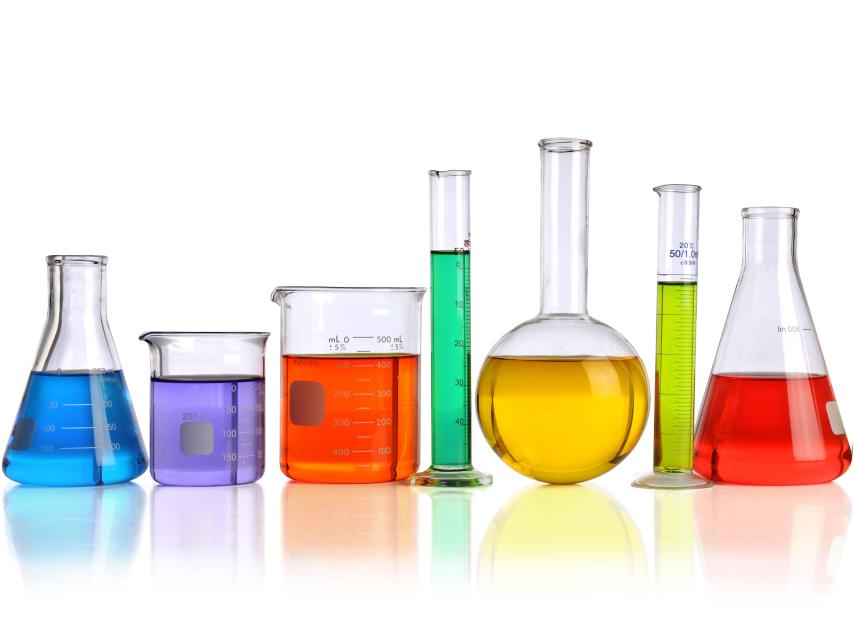Groundwater Inorganic Contaminant Testing
Inorganic contaminants in groundwater can pose significant risks to public health and the environment. This service focuses on identifying, quantifying, and characterizing these contaminants through rigorous testing protocols that adhere to international standards such as ISO 17025 and ASTM D4951.
Groundwater is a vital resource for drinking water supplies and agricultural use. Contaminants like heavy metals (e.g., lead, mercury), nitrates from fertilizers, and other inorganic compounds can leach into groundwater sources through various mechanisms including improper waste disposal, industrial activities, and agricultural runoff.
Our laboratory employs a multidisciplinary approach to ensure accurate and reliable testing results. We utilize advanced analytical techniques such as Inductively Coupled Plasma Mass Spectrometry (ICP-MS) for trace metal analysis and inductively coupled plasma optical emission spectrometry (ICPOES) for broader elemental analysis.
The testing process involves several critical steps: sample collection, preservation, and transport; sample digestion using appropriate acids to release the target compounds into solution; instrumental analysis; and data interpretation. Our quality control measures include method validation according to ISO 17025 standards and regular calibration of instruments.
Testing parameters are tailored to specific client needs but generally encompass a range of elements from the periodic table, including but not limited to arsenic (As), cadmium (Cd), chromium (Cr), copper (Cu), iron (Fe), nickel (Ni), zinc (Zn), and selenium (Se). Additionally, we can test for nitrate-nitrogen (NO3-N) levels which are crucial indicators of agricultural runoff contamination.
| Element | Testing Method | Detection Limit (µg/L) |
|---|---|---|
| Cadmium (Cd) | ICP-MS | 0.01 µg/L |
| Copper (Cu) | ICP-MS | 0.02 µg/L |
| Nitrate-Nitrogen (NO3-N) | Flow Injection Analysis (FIA) | 1 ppm |
The testing process also involves strict quality assurance procedures to ensure accuracy and reliability of results. These include regular calibration of instruments, use of certified reference materials, and participation in proficiency testing programs.
Our expertise lies not just in the technical aspects but also in providing actionable insights based on our findings. This includes recommendations for remediation strategies or further investigation if contamination thresholds are exceeded.
Eurolab Advantages
- Comprehensive range of inorganic contaminant testing services.
- State-of-the-art instrumentation and experienced analytical chemists.
- Strict adherence to international standards for accuracy and reliability.
- Dedicated customer service team for personalized support throughout the process.
- Quick turnaround times with no compromise on quality.
Customer Impact and Satisfaction
Our clients benefit from our comprehensive testing services, which help them maintain compliance with regulatory standards and protect public health. By providing detailed reports and actionable insights, we assist in making informed decisions regarding water quality management.
We have received high satisfaction ratings from our clients for our promptness, accuracy, and reliability. Our commitment to excellence ensures that every test is conducted with the highest level of professionalism and integrity.
Use Cases and Application Examples
- Drinking Water Compliance: Ensuring compliance with EPA drinking water standards by identifying and quantifying inorganic contaminants.
- Agricultural Runoff Monitoring: Detecting nitrate-nitrogen levels to prevent contamination of groundwater resources.
- Mining Waste Management: Assessing the impact of mining activities on local groundwater quality by testing for heavy metals like lead and arsenic.





